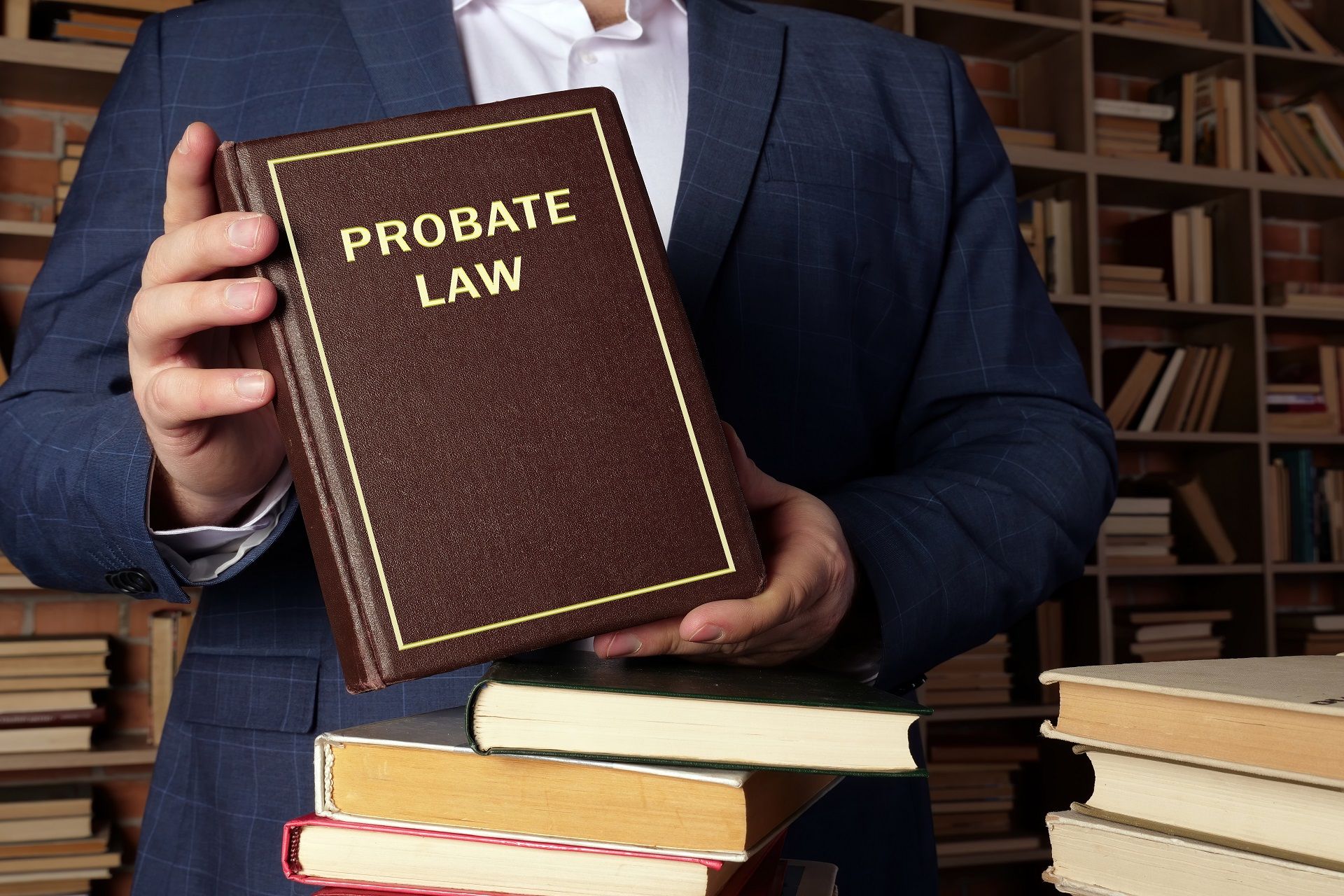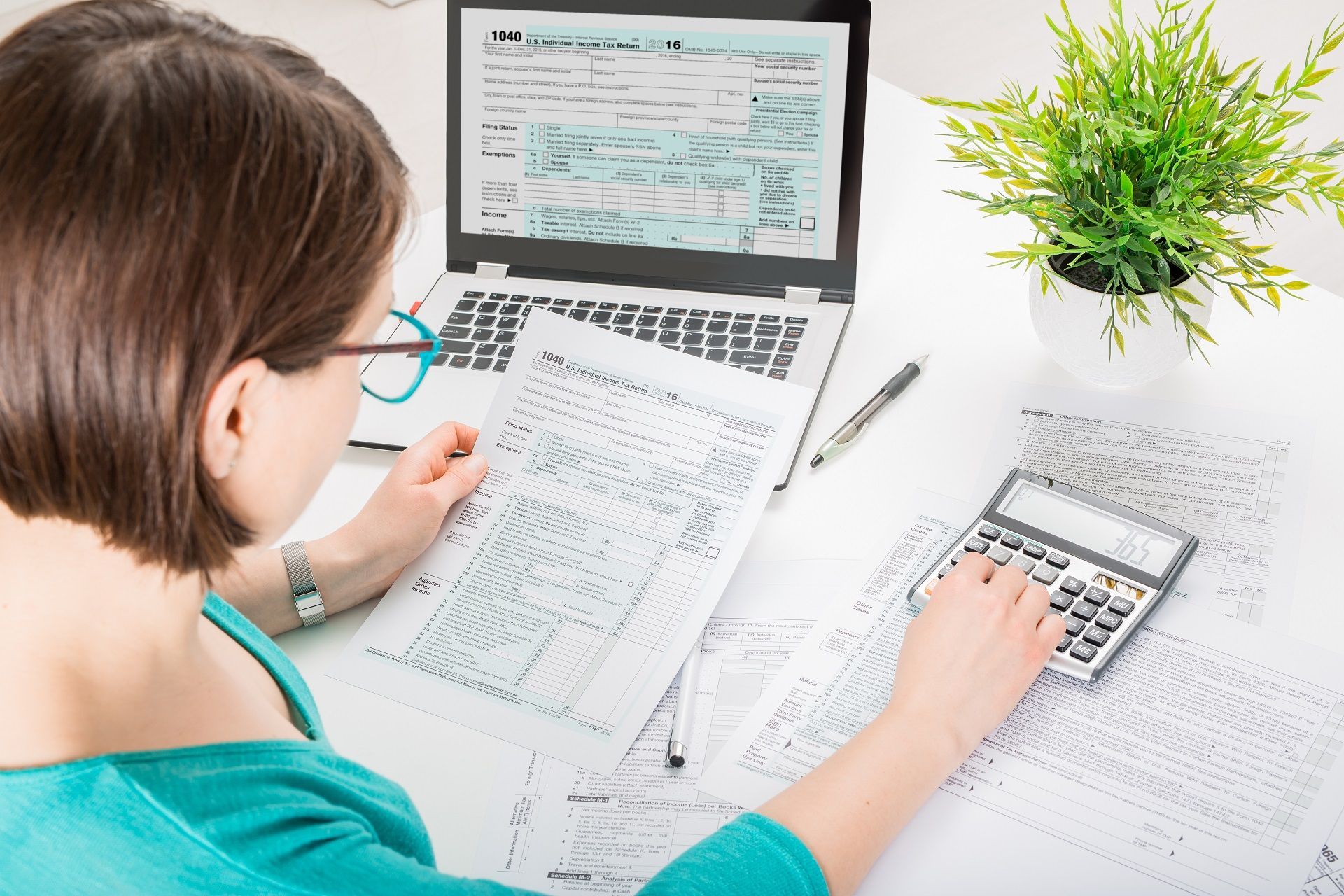Compensation of Executor/Administrator as Self-Employment Income « Jostock & Jostock, P.A.

Section 1402 of the Self-Employment Contribution Act of 1954 provides, in part, as follows:
(a) NET EARNINGS FROM SELF-EMPLOYMENT.–The term “net earnings from self-employment” means the gross income derived by an individual from any trade or business carried on by such individual, less the deductions allowed by this subtitle [subtitle A] which are attributable to such trade or business, * * *.
In order for an individual to have net earnings from self-employment, he must carry on a trade or business, either as an individual or as a member of a partnership. Whether or not a person is engaged in a trade or business is dependent upon all of the facts and circumstances in the particular case. However, the following will serve as guides in determining this question in the case of fiduciaries of decedents’ estates:
(1) Professional fiduciaries will always be treated as being engaged in the trade or business of being fiduciaries, regardless of the assets contained in the estate.
(2) Generally, nonprofessional fiduciaries (that is, for example, persons who serve as executor or administrator in isolated instances, and then as personal representative for the estate of a deceased friend or relative) will not be treated as receiving income from a trade or business unless all of the following conditions are met:
(a) There is a trade or business among the assets of the estate, (b) The executor actively participates in the operation of this trade or business, (c) The fees of the executor are related to the operation of the trade or business.
The following examples represent applications of the above guides with respect to Nonprofessional Executors or Administrators of decedents’ estates:
EXAMPLE 1: Executor who receives a flat fee for administering the estate. A, a nonprofessional fiduciary, receives a flat $10,000 for administering the estate of B. B’s gross estate is valued at $150,000 and includes a trade or business which A manages for the period of time required to distribute the assets of the estate. Under the laws of the State in which b’s estate is probated, an executor is entitled to a five percent commission based upon the value of the assets distributed. Since A distributed the entire estate worth $150,000 he would have been entitled to $7,500 executor’s commissions, based upon the statutory five percent allowance. Inasmuch as A, pursuant to court order, actually received $10,000 instead of $7,500 in commissions, the excess, or $2,500, is regarded as being attributable to the operation of the trade or business of the estate. A must therefore treat this $2,500 as earnings from self-employment. The remaining $7,500 is regarded as being attributable to the normal fiduciary duties of marshalling the assets of the estate and should not be treated as trade or business income. On the other hand, if A’s total fee for administering the estate was equal to or less than $7,500 (the statutory executor’s allowance in this case), and if nothing was said in the court order with respect to allocation of the fee, the entire fee would be regarded as being attributable to A’s fiduciary activities and no part of the fee would be treated as trade or business income to A.
EXAMPLE 2: Executor who receives a special fee for handling the estate’s business. C, the sole executor of the estate of the spouse’s estate, operates a drugstore belonging to the estate, pending dissolution of the estate. As commission for handling the estate, C receives, pursuant to court order, $5,125 (based upon a percentage of the value of the assets distributed) and $500, in addition, for the operation of the drugstore. Under these circumstances, only the $500 commission for the operation of the drugstore constitutes earnings from self-employment. The $5,125 commission, based upon the value of the assets distributed is not related to the operation of the trade or business, and, accordingly, does not constitute earnings from self-employment.
EXAMPLE 3: Co-executor who does not participate in the operation of the estate’s business. D and E are coexecutors of an estate which includes a trade or business. D is totally unfamiliar with the operation of the business and leaves the entire management of the business to E. Under these circumstances, D who does not participate in the operation of the business, cannot be treated as being in a trade or business. The fees received by D do not constitute net earnings from self-employment. E, however, actively participates in the operation of the business and the compensation received by him for the management of the estate’s trade or business constitutes net earnings from self-employment.
In some cases the activities of the executor of a single estate may constitute the conduct of a trade or business even though the assets of the estate do not include a trade or business as such. If, for example, an executor manages an estate which requires extensive management activities on his part over a long period of time, an examination of the facts may show that such activities are sufficient in scope and duration to constitute the carrying on of a trade or business. If doubt exists concerning the status of a fiduciary believed to be in this category, the complete facts should be transmitted to the Internal Revenue Service for a determination.
Follow Us
Search Blog
Recent Posts
CONTACT US
Jostock & Jostock, P.A.
Headquarter:
999 Vanderbilt Beach Road
Suite 200, Naples, Florida
34108
Jostock & Jostock, P.A.
150 N Michigan Ave #1230, Chicago, IL 60601
NAVIGATION
PRACTICE AREAS
All Rights Reserved.
This website is managed by Oamii.






